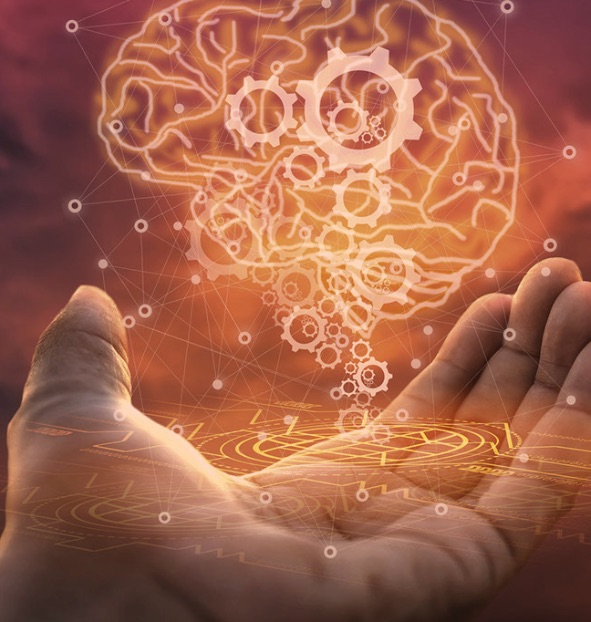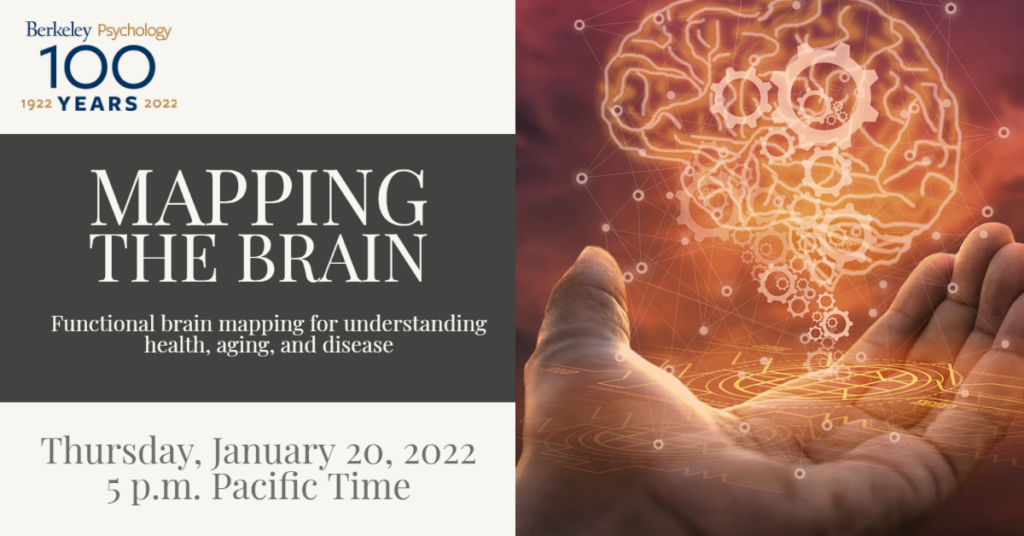All of human experience — our perceptions, thoughts, feelings, desires, plans and actions — reflect the coordinated activity of a complex network of hundreds of distinct areas and modules within the brain. Disorders of these brain networks that occur during development, aging, or due to neurological disease, can have profound effects on quality of life. Therefore, understanding how information is represented and processed in this network during daily life is a major challenge for medicine. Addressing this fundamental problem will require advances in the software algorithms used to process and model brain data, and in the development of new neuroimaging hardware.
UC Berkeley is at the forefront of research development in both these areas. Professor Jack Gallant’s computational neuroimaging laboratory focuses on functional mapping of these representations under naturalistic conditions that occur in daily life. His team has developed novel algorithms and software for creating high-dimensional, high-resolution functional brain maps in individual people. These functional maps reveal how the brain represents information during daily life. In this talk, Professor Gallant will summarize this technology and its potential applications in the areas of development, learning, aging and for diagnosis and monitoring of mental disorders.
In his capacity as head of the Henry J. Wheeler Brain Imaging Center at Berkeley, Prof. Gallant will also give an overview of the NexGen MRI Scanner. This is an ongoing project at UCB that will create the highest-resolution functional brain scanner available for routine human use.
About the Speaker
Jack Gallant is Chancellor’s Professor and Class of 1940 Chair at the University of California at Berkeley. He is affiliated with the departments of Psychology and Electrical Engineering and Computer Science, along with the programs in Bioengineering, Biophysics, Neuroscience, and Vision Science. He received his Ph.D. from Yale University and did post-doctoral work at the California Institute of Technology and Washington University Medical School. His research program focuses on computational modeling of human brain activity.
REGISTER

